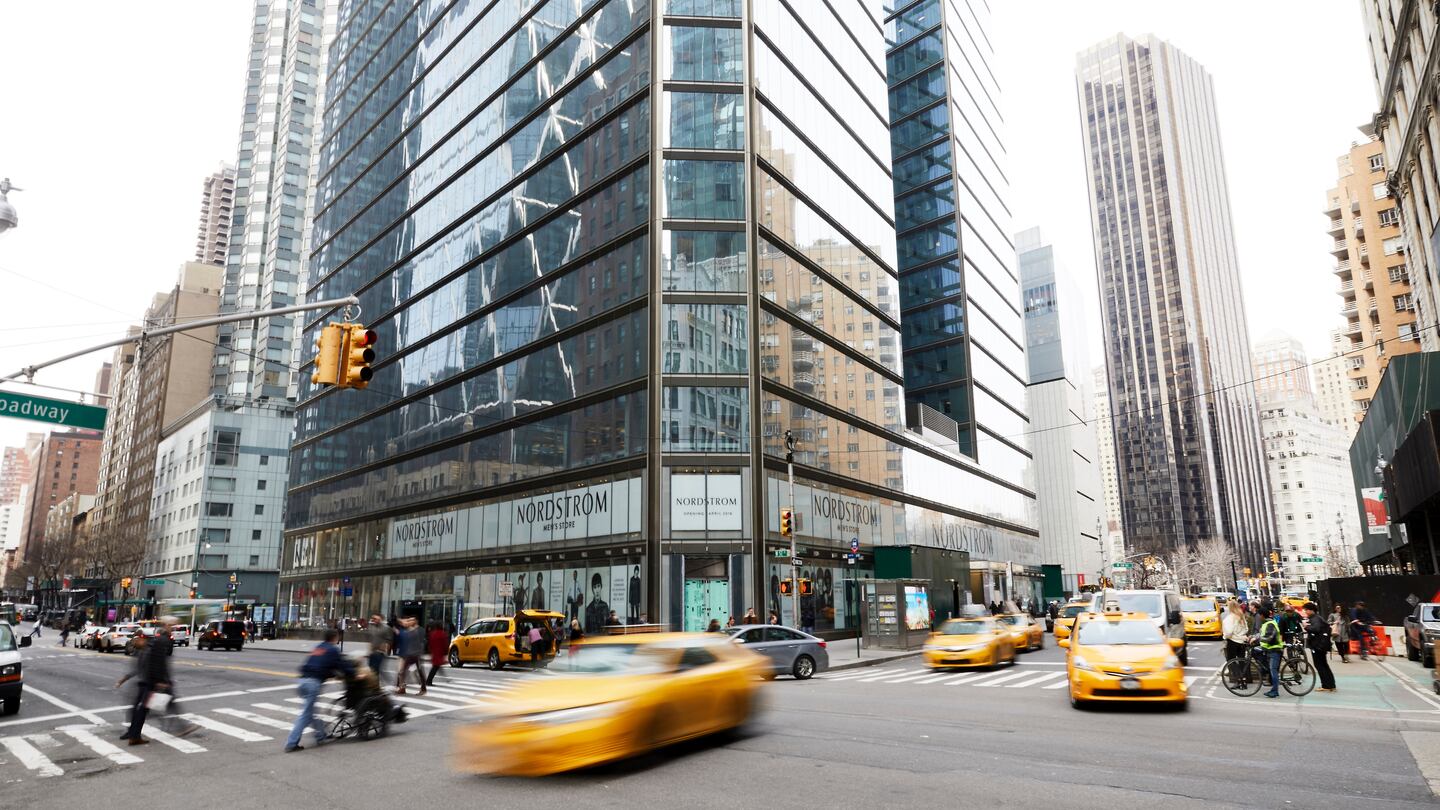
The Business of Fashion
Agenda-setting intelligence, analysis and advice for the global fashion community.

Agenda-setting intelligence, analysis and advice for the global fashion community.

SEATTLE, United States — Nordstrom Inc reported a bigger-than-expected loss and a 53 percent fall in sales on Tuesday, as its stores were shut for about half of the reported quarter due to the Covid-19 pandemic, sending the department store chain's shares down about 7 percent.
Like many of its peers, Nordstrom was severely hit from a months-long closure of its stores across the United States and as shoppers steered away from the company's upscale apparel, including work clothing and designer dresses.
J.C. Penney, Neiman Marcus, Brooks Brothers and other retailers have filed for bankruptcy in the last several months.
Nordstrom was also hit as it moved its popular Anniversary Sale from the second to the third quarter, which also impacted its online sales that fell 5 percent.
ADVERTISEMENT
The Seattle-based company posted net sales of $1.78 billion for the second quarter ended Aug. 1, compared with $3.78 billion, a year earlier.
Nordstrom reported a net loss of $255 million, or $1.62 per share, compared to a profit of $141 million, or 90 cents per share, a year earlier.
Analysts were expecting a loss of $1.48 per share, according to IBES data from Refinitiv.
By Nivedita Balu and Melissa Fares; editor: Vinay Dwivedi
As the German sportswear giant taps surging demand for its Samba and Gazelle sneakers, it’s also taking steps to spread its bets ahead of peak interest.
A profitable, multi-trillion dollar fashion industry populated with brands that generate minimal economic and environmental waste is within our reach, argues Lawrence Lenihan.
RFID technology has made self-checkout far more efficient than traditional scanning kiosks at retailers like Zara and Uniqlo, but the industry at large hesitates to fully embrace the innovation over concerns of theft and customer engagement.
The company has continued to struggle with growing “at scale” and issued a warning in February that revenue may not start increasing again until the fourth quarter.